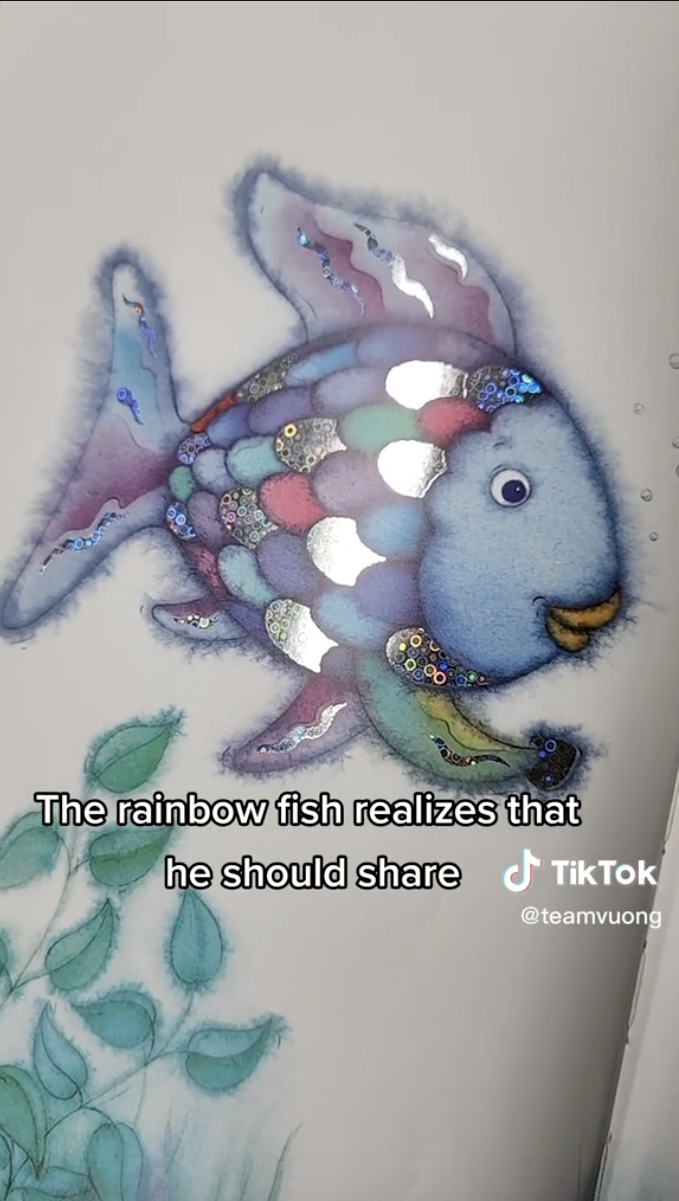This Kid's Book Was A Staple Of My Childhood, But This Teacher's Hot Take Is Making My Adult Self Rethink Loving It
How many times have you looked back at something you loved as a child, only to go, "Wow, this did NOT age well."
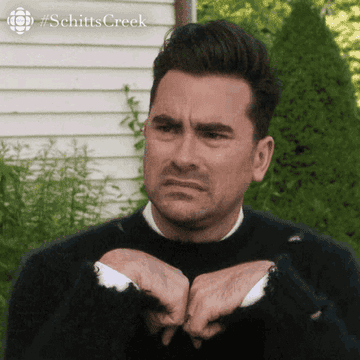
ITV Studios Global Entertainment / Via media.giphy.com
Well recently, grade-school teacher Mr. Vương (@teamvuong) revisited an old book that was a staple of my, and probably your, childhood: Rainbow Fish. Except this time, he shared some potential problems with the book.
If you don't remember Rainbow Fish, here's a brief summary: A fish with beautiful scales becomes very vain due to his appearance, and refuses to share his rainbow scales with the other fish. After the other fish refuse to play with Rainbow Fish because of his selfishness, Rainbow Fish learns to be more humble and shares all of his scales with the other fish. The book, written by Marcus Pfister and published in 1992, is the recipient of multiple awards, and launched a series of Rainbow Fish books, a short film, and a television series around Rainbow Fish.
I started reading this book when I was still a child, and it was a staple in my home and nearly every classroom I spent time in during grade school. For me, Rainbow Fish reinforced a lesson that I had commonly heard throughout my Gen Z childhood: sharing is important and you should be kind to others whenever you can.
In the video, Mr. Vương explains that he's sure the author had good intentions — as the story focuses on Rainbow Fish's vanity and his unwillingness to play with the other fish — but when another fish asks Rainbow Fish for one of his scales, Rainbow Fish refuses, which Mr. Vương clarifies that he believes he has the right to do, and that he doesn't have to give up a part of himself for anybody. Mr. Vương explains that if the book had focused on Rainbow Fish's character flaw of being unable to be humble, the book would have worked better.
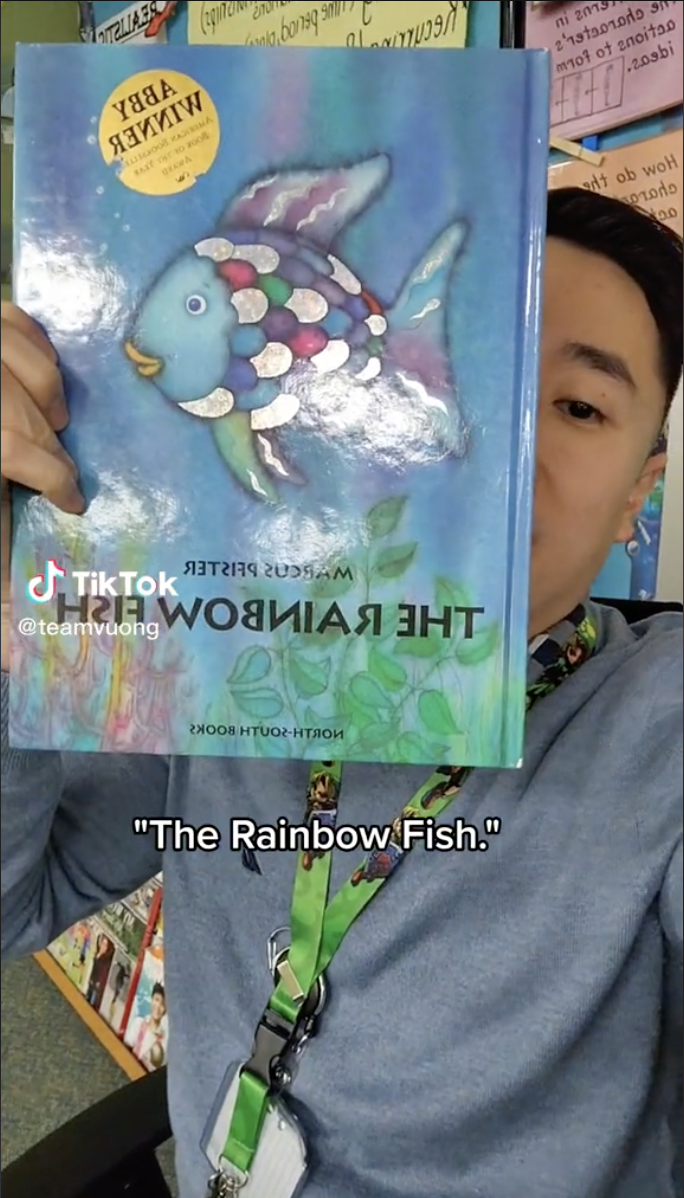
But Mr. Vương explains that by saying "No" to the other fish, he draws a clear boundary, though it results in the other fish not wanting to spend time with him. Because of this, Mr. Vương maintains that the other fish stopped spending time with Rainbow Fish because he wouldn't give up his scales, not necessarily because of his stuck-up nature.
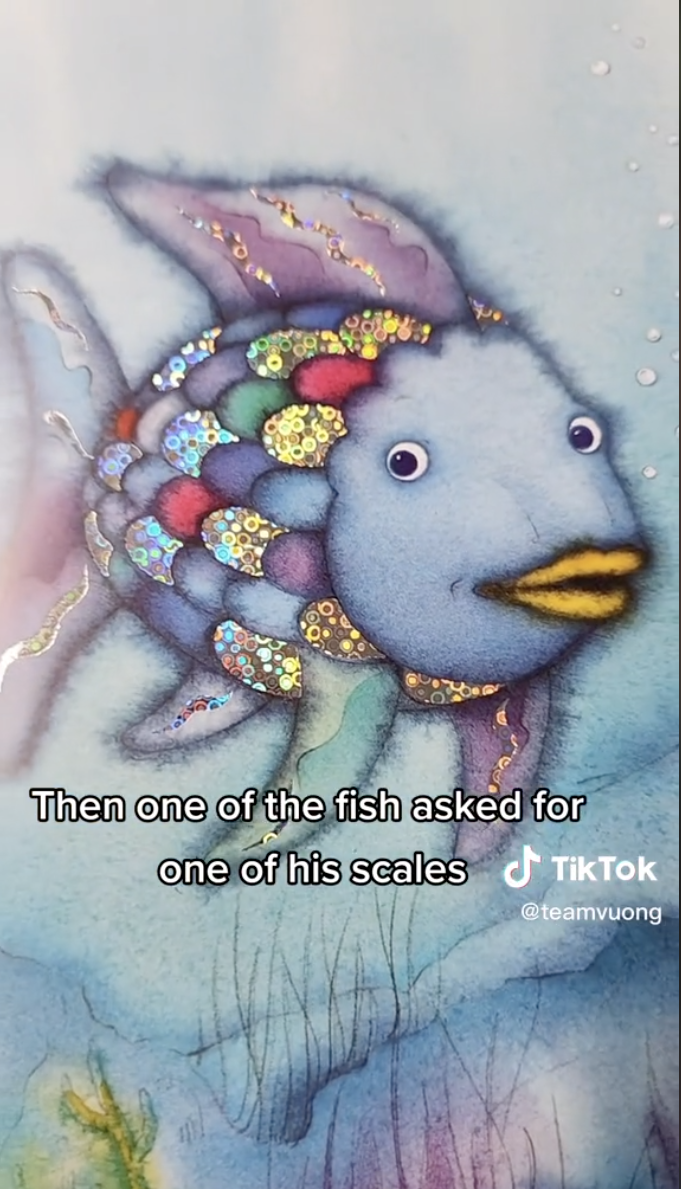
When Rainbow Fish learns to share his scales with the other fish, he gains acceptance by giving up part of who he was.
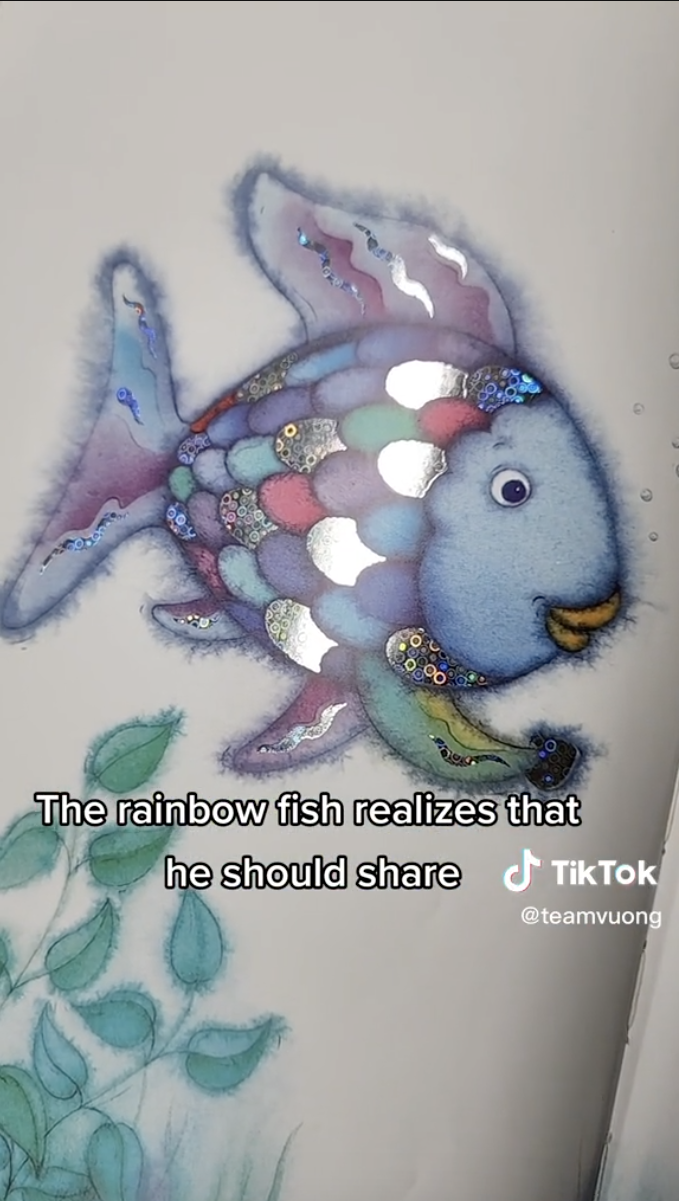
Mr. Vương explains that he used the book with his own class in a lesson on the theme. While he didn't share his personal opinions, some of his students reached the same conclusion he did, while others in the class understood it as a message of selfishness. Mr. Vương said that the book led to a great classroom discussion on how relationships shouldn't be transactional and conditional, and you shouldn't have to change yourself to belong.
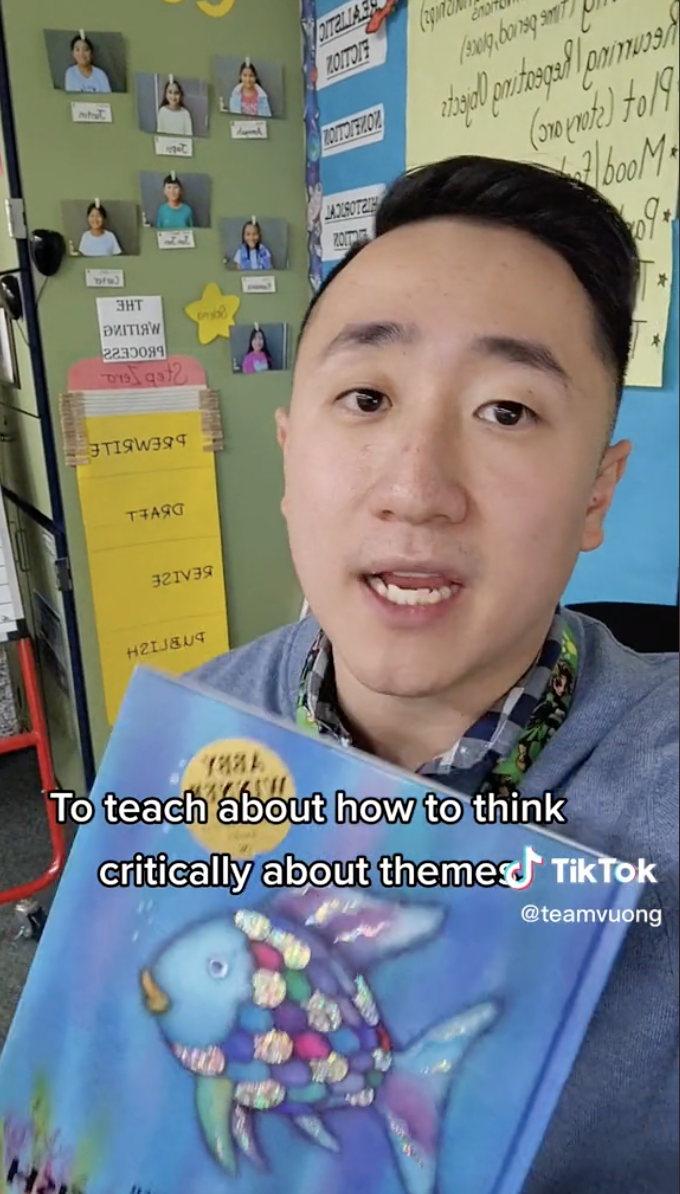
Mr. Vương's video has 89.4K views, 14.4K likes, and a lively comment section!
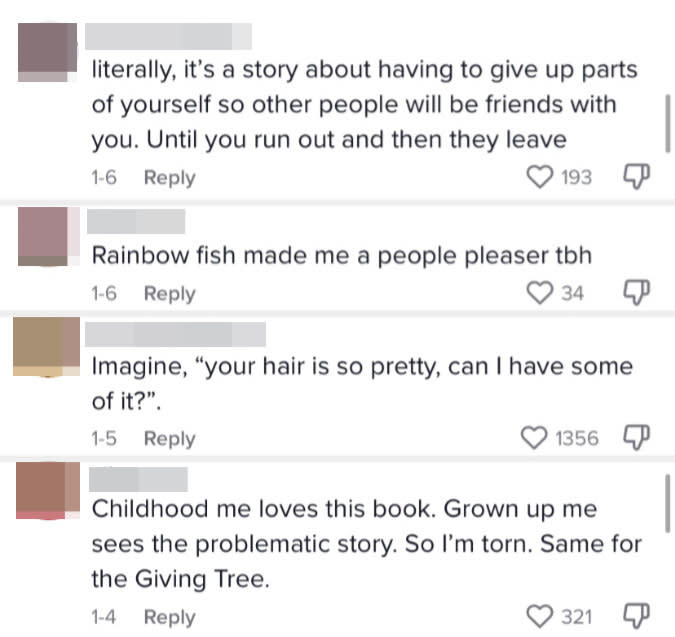
Personally, I hadn't thought about Rainbow Fish in years until I saw Mr. Vương's video, let alone thought critically about the theme of the book. That being said, as someone who thoroughly loved this book (and still does), I think this take makes a lot of sense and is worth some discussion. More than that, I think Mr. Vương's fresh take on an older book like this speaks to the changing ideals adults are focusing on during early childhood development. The interpretation of Rainbow Fish as a lesson on boundaries is a growing consensus among today's parents and teachers alike looking to educate children. It seems like ensuring open communication and boundary setting are becoming cornerstones to teaching adults and children.
I spoke with Mr. Vương, who has a bachelor's in psychology from the University of Washington with a master's in teaching from Antioch University, and currently teaches a 4th and 5th-grade split. He maintained that he feels the author's intentions were good in spreading the message that sharing is important, but the execution of it could encourage misinterpretation. He explained, "This could be a problematic message because it might suggest that kids need to give up something that is important to them in order to feel like they belong when belonging is not something that has to be earned." He added that this could have real-life consequences, and continued, "Kids sometimes go to lengths to do things that will help them feel accepted by their peers, including causing harm to themselves and others."
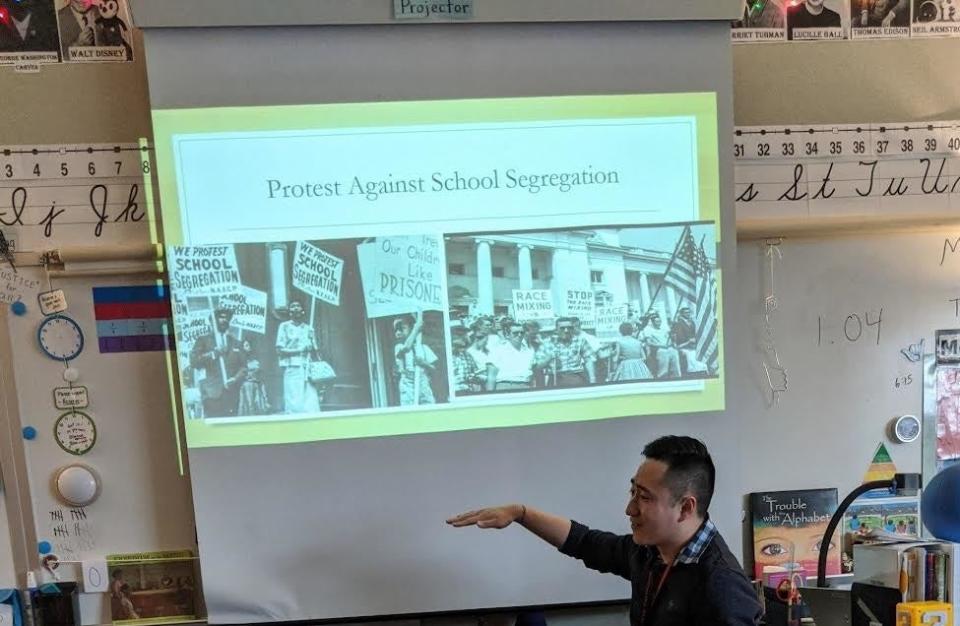
He reiterated that he wasn't advocating for people to stop reading the book to children, but rather to use it as an opportunity to explore the various interpretations a reader might have in a discussion. He explained, "Instead of canceling the Rainbow Fish, I think we should read it through a critical lens, as we should for everything else. We are trying to build a generation of thinkers, not robots. I did really enjoy using this book to teach my students about thinking critically about themes of stories and using evidence to support what they believe."
Mr. Vương added that this book is useful in teaching about social-emotional learning (SEL) because "once students are able to identify the problematic interpretation, they can talk about WHY it is problematic and what this means in their lives." He said, "Thinking critically about a story doesn't mean only hating on it and finding all the things that are 'wrong.' It also means looking at all the parts that ARE good and analyzing the author's intent; there's a reason the book is award-winning."
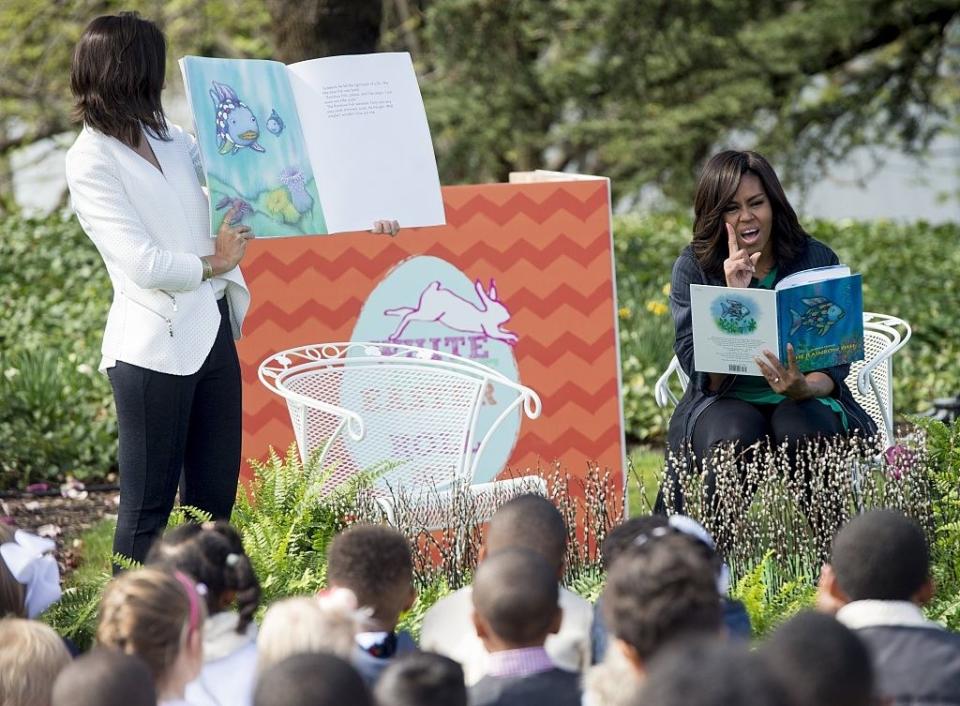
Mr. Vương also spoke to the changing values that adults are looking to instill in their children, and said, "Generations before aren't necessarily fully in tune with their emotions or their mental health in general, since they labeled it as 'vulnerable' and therefore, 'weak.' I think the generation nowadays is more able to recognize the harm and is more likely to call it out for what it is."
Mr. Vương said that he was delighted that the comments opened up a potential discourse surrounding the book, and while there were many users that agreed, he wasn't too put off by those that defended the book. He said, "I chuckle at these comments because they are exactly the reason why I am teaching my students to think critically in the first place. So they won't grow up to be close-minded adults who have a hard time when people disagree with them. I'm up for friendly discourse."
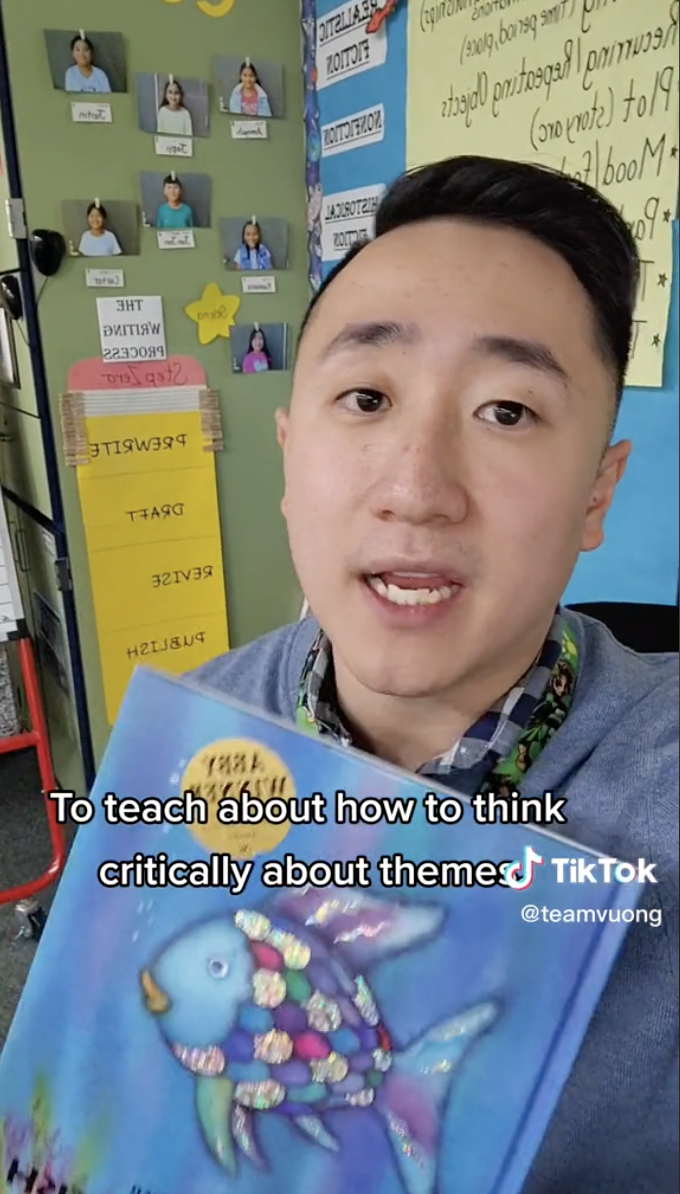
Mr. Vương is also aware of another handful of comments that claim takes like these are too serious for a book targeted to children, but he disagrees. He argued, "Kids are smarter than a lot of people think; some are capable of digging deeper past the surface and past the literal meaning. It's a 'YES AND' situation here. I am not advocating for one interpretation over another." He added, "Those who say that it's 'not that deep' and that kids won't really internalize the messages of a picture book read aloud, have obviously not been in the classroom working with kids or are out of touch with how kids learn."
Mr. Vương finished by clarifying that he thinks a classroom is a great place to have these discussions and, though it may seem minute at the time, help develop children in a positive way. He said, "A lot of kids develop their perception of themselves and of others through their interactions and experience at school. Don't get me wrong; Home plays a HUGE factor, too. But whatever they learn about their self-worth from home is then reinforced through what happens in school in relationships with teachers and students, who all contribute to molding their concept of right and wrong. It's reinforced in a place where they are put into a vulnerable state every single day."
He continued, "Learning requires taking risks. And taking risks requires kids to feel safe. And safe means a classroom where students are seen. And being seen requires a classroom climate that values multiple perspectives and also understands that there is so much more outside of themselves and whatever trauma lens they might view their world through. I think kids deserve the best, most high-quality education, because how else will we raise the leaders of tomorrow who will create positive change? This starts with teaching them how to think for themselves and how to grow from hearing about the differences in thinking around them. That's a long way of saying that yes, it actually does matter more than people think."
